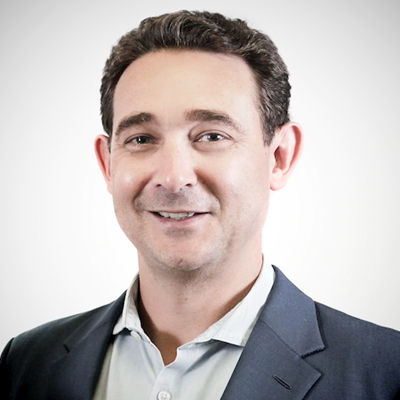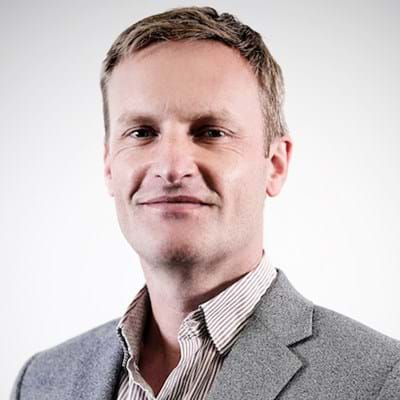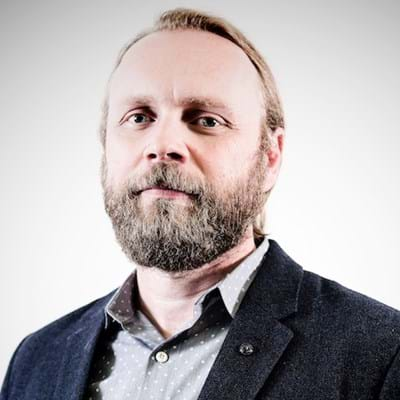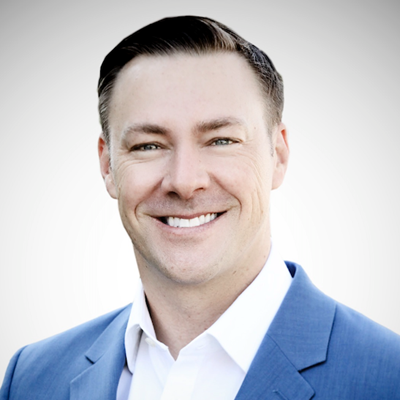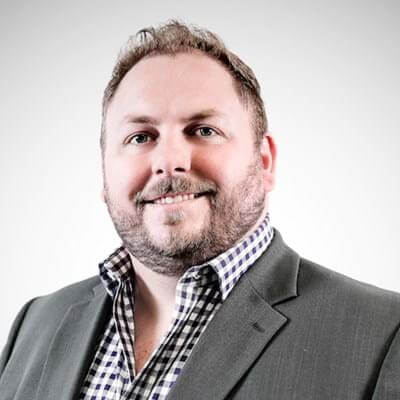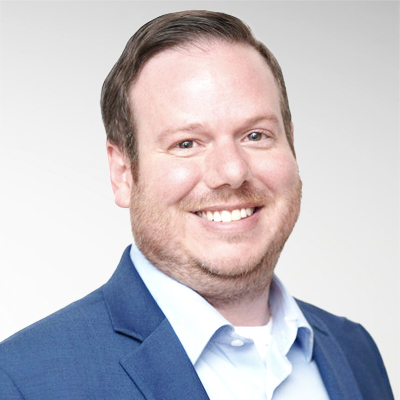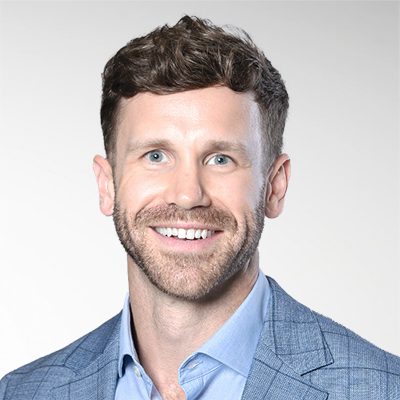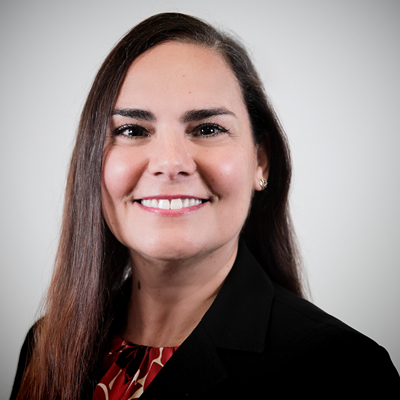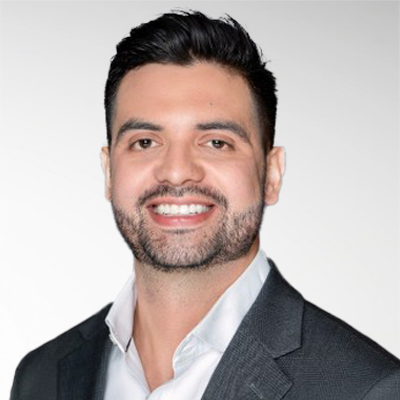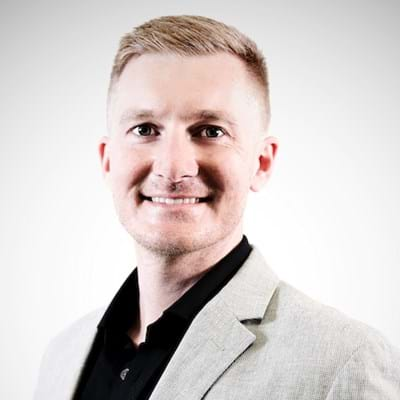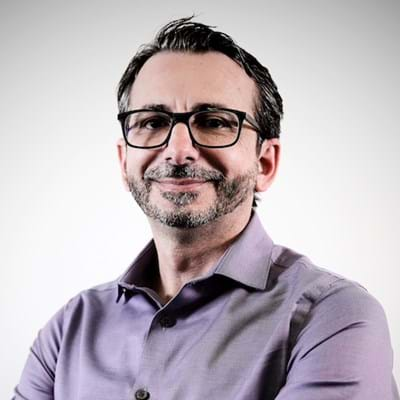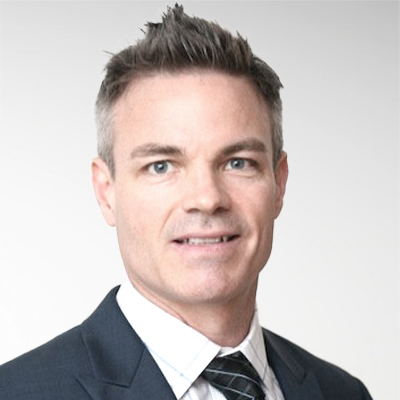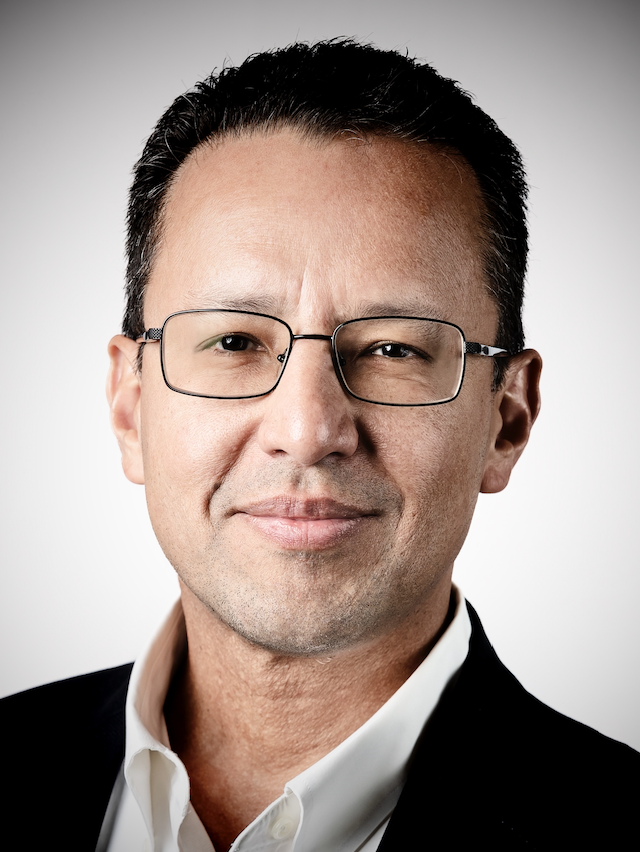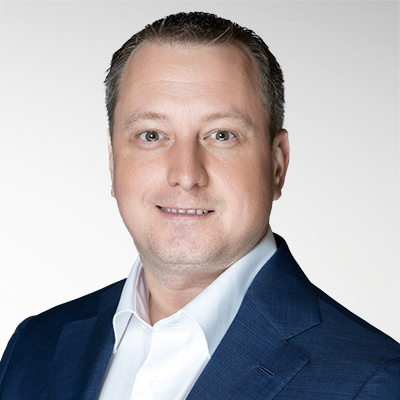Richard is a founding member of Redzone. Following Redzone’s acquisition by QAD Inc., a Thoma Bravo portfolio company, Richard assumed the role of President, and is currently Founding Member & Operating Advisor. He is responsible for the continued growth of the Redzone Community, the Redzone teams, and the company culture that enables the remarkable productivity results that Redzone is known for.
Richard’s entire career has been dedicated to helping manufacturers unlock the human potential of the frontline workforce, utilizing technologies and behavioral coaching to capitalize on this enormous multi-billion-dollar opportunity. For nearly 20 years, Richard’s focus on this sector has taken him through 1,300+ CPG manufacturing facilities in North America and Europe, partnering with owners and executives in some of the world’s foremost manufacturers. This real-world experience provides Richard with a rich contextual understanding of the market, the technology landscape and solutions required to accelerate Redzone’s position as the leader in the space.
Prior to his current role and previous role of CEO, Richard led the commercial team at Redzone as Chief Revenue Officer, building an innovative go-to-market team from scratch that has resulted in continuous customer growth, almost zero customer churn, off-the-chart customer advocacy and a high-performance culture dedicated to helping customers improve. Richard led the unique, viral go-to-market strategy that grew the company from zero customers in 2013 to the market leader it is today.
Prior to Redzone, in 2004, Richard relocated from the UK to Miami, FL, to launch MVI Technology in the North American market. Leading a successful period of growth and expansion in the market for MVI, Richard was part of the leadership team that sold MVI to CDC Software (NASDAQ). Following a number of years integrating MVI into CDC Software, Richard returned to his entrepreneurial roots, joining Mark and Jon to launch the Redzone business. Richard holds a Bachelor’s Degree in Science from the University of Birmingham, UK, and is the proud father of three young children.
